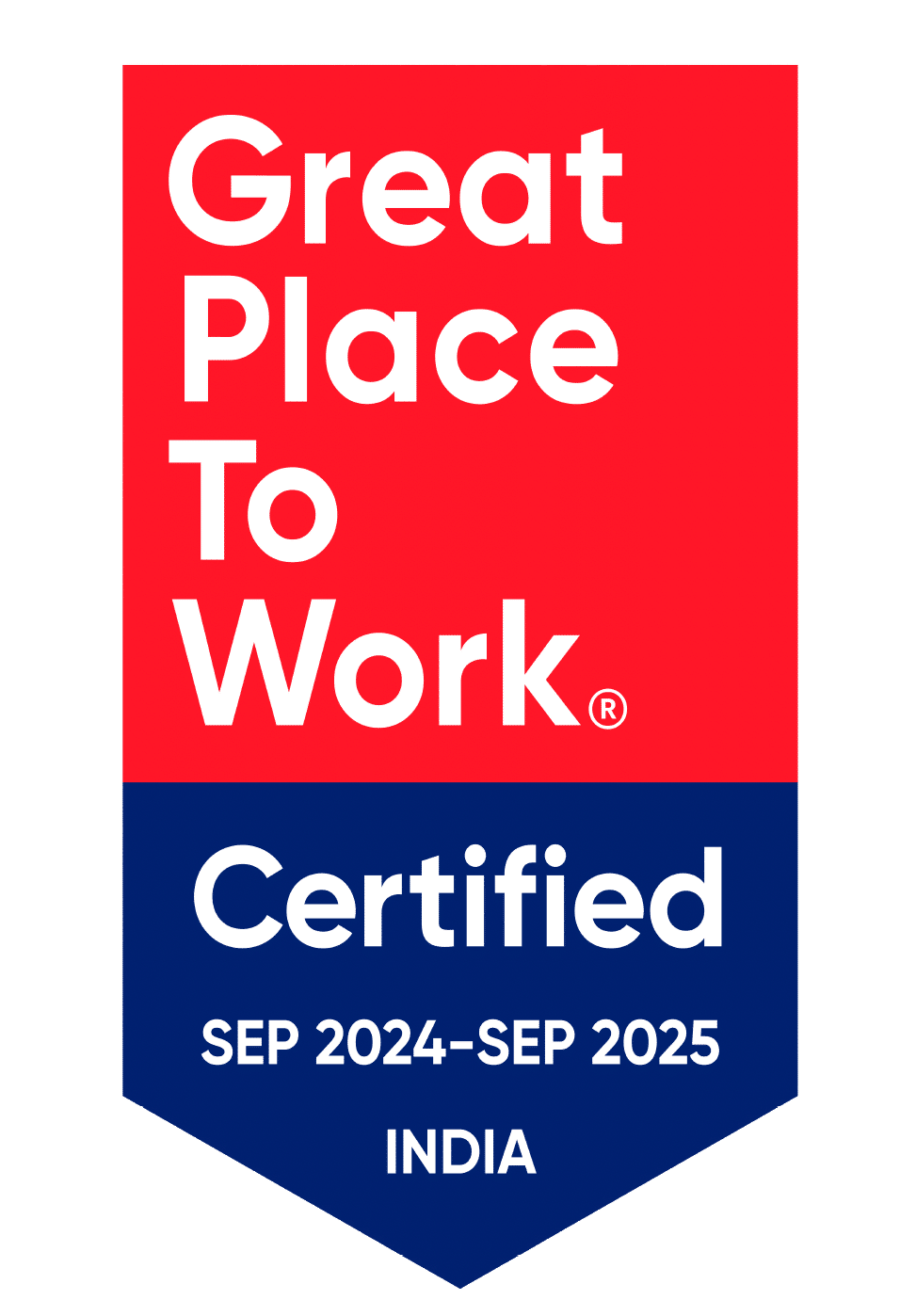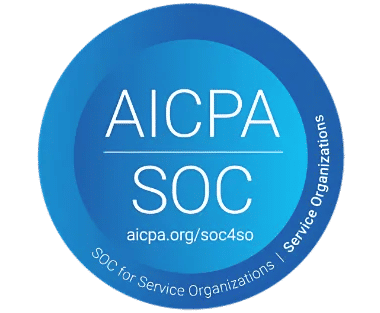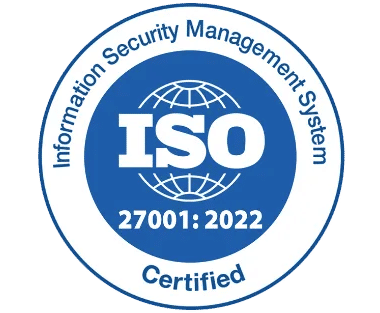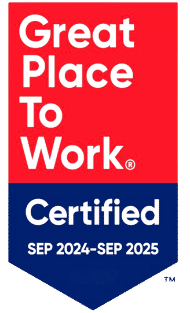How Complaint Management Software Boosts Citizen Services

People want fast and fair solutions to their problems. But without a proper system, complaints can be hard to manage.
What is Complaint Management Software?
Complaint Management Software is a digital solution that helps organizations handle and resolve concerns efficiently by automating case creation, monitoring progress, and providing real-time updates.
Complaint Management Software ensures transparency, improves response times, and enhances customer satisfaction.
Did you know?
- 72% of citizens feel frustrated when complaints go unresolved.
- 65% say they trust organizations that handle concerns transparently.
This software ensures structured workflows and accountability, making issue resolution smoother.
Why Complaint Management Software Matters?
Quicker Responses: Automation speeds up issue handling and reduces delays.
Clear Updates & Trust: People can track progress in real time, ensuring transparency and confidence in the system.
Smart Resource Use: Staff can focus on urgent cases, ensuring faster resolutions.
Fewer Mistakes: A digital system ensures accurate record-keeping, reducing overlooked concerns.
More Responsibility: Teams stay accountable by monitoring and managing unresolved issues effectively.
The Growing Need for Complaint Management Software:
1. Centralized Dashboard
- A single platform stores and organizes all reports, making management easier.
- Tracks every case to ensure nothing is missed or forgotten.
- Provides live data and reports, helping teams measure efficiency and boost service quality.
2. Automated Ticketing System
- Converts submitted issues into digital tickets for easier tracking.
- Automatically assigns cases to the right department, reducing delays.
- Lowers manual work, decreasing the risk of errors in record-keeping.
3. Real-Time Updates & Notifications
- People receive instant status updates, reducing uncertainty.
- Cuts down on follow-up calls, making the process smoother for both the community and staff.
- Keeps teams informed, ensuring timely action on pending cases.
4. AI-Powered Analytics
- Identifies common trends and recurring concerns.
- Helps teams address root causes before they escalate.
- Generates detailed reports, enabling better decision-making and improved service delivery.
5. Multi-Channel Integration
- Allows people to report issues via phone, email, mobile apps, or websites for convenience.
- Makes services more accessible to different groups, ensuring inclusivity.
- Supports social media reporting, adapting to modern communication trends.
6. Security & Compliance
- Safeguards sensitive data against unauthorized access and cyber threats.
- Ensures compliance with legal regulations to protect both users and organizations.
- Adheres to major data protection standards like GDPR and HIPAA to maintain trust and security.
How Complaint Management Software Benefits Different Sectors:
Government Agencies
- Builds public trust by ensuring concerns are handled fairly and efficiently.
- Simplifies processes by reducing unnecessary paperwork and delays.
- Improves the overall experience for community by making government services more responsive.
Municipal Corporations
- Helps city officials quickly address issues like waste management, road repairs, and public services.
- Enhances service quality by tracking and resolving requests faster.
- Digitizes records, reducing manual errors and making data easy to access.
Law Enforcement
- Makes it easier to report non-emergency issues, such as noise issues or minor disputes.
- Ensures officers are assigned based on urgency, leading to quicker resolutions.
- Improves communication between law enforcement and the community.
Utility Providers
- Speeds up response times for service disruptions like water leaks or power outages.
- Helps resolve billing disputes fairly and transparently.
- Keeps customers informed with real-time updates on service issues and resolutions.
Healthcare & Public Welfare Organizations
- Ensures patient concerns are addressed quickly to boost healthcare experiences.
- Helps hospitals and clinics monitor service quality and identify recurring issues.
- Reduces the risk of legal issues by maintaining proper records of reported concerns and actions taken.
Education Sector
- Provides schools and colleges with a structured way to handle student and parent concerns.
- Promotes transparency by keeping track of reported issues and responses.
- Strengthens the institution’s reputation by ensuring fair and timely resolutions.
The Psychological Impact of Unresolved Issues:
Frustration (65%) – People feel unheard when their concerns are not addressed.
Loss of Trust (70%) – A lack of response makes citizens lose confidence in public services.
Reputation Damage (60%) – Negative experiences spread quickly, especially on social media.
Increased Stress (55%) – Waiting too long for solutions can cause anxiety and frustration.
Financial Risks (50%) – Poor issue resolution can lead to legal disputes and heavy fines.
The Business Case for Implementing Complaint Management Software:
- Lower Costs – Cuts down on paperwork and reduces administrative workload.
- Better Efficiency – Faster responses lead to satisfied customers and citizens.
- Stronger Competitive Edge – Organizations using modern tracking systems see a 40% rise in customer satisfaction.
- Improved Public Image – Quick and fair resolutions build trust and enhance reputation.
- Higher Productivity – Automating tasks reduces manual effort, allowing teams to focus on more important work.
Choosing the Best Complaint Management Software: Key Factors to Consider
- Easy to Use – A simple design that both community and staff can navigate effortlessly.
- Flexible Features – Can be customized to meet the needs of different industries.
- Scalable Solution – Grows with your organization and adapts to increasing demands.
- Easily Connects with Your Tools – Works smoothly with the systems you already use.
- Deployment Options – Choose between cloud-based or on-premises based on security and data control needs.
Best Practices for Implementing Complaint Management Software:
Train Your Team Well – Staff should know how to use the system efficiently to ensure smooth operations. Proper training reduces errors and improves response times.
Make It Easy for People to Use – Raise awareness through community outreach, clear instructions, and user-friendly design so more people can report issues easily.
Track Performance and Improve – Use reports and data to identify patterns, reduce delays, and enhance service quality. Regular monitoring helps teams stay efficient.
Keep Security a Priority – Update security settings regularly to protect sensitive data and follow the rules. A secure system builds public confidence.
Listen and Adapt – Collect feedback from users and staff to make continuous improvements. A system that evolves based on real needs will be more effective.
Conclusion:
Efficient issue resolution strengthens trust, enhances service quality, and ensures smooth operations. Complaint Management Software helps organizations respond faster, stay organized, and reduce unresolved cases, creating a better experience for everyone.
Ready to Transform Citizen Services?
Boost efficiency, build trust, and resolve issues faster with complaint management software. Take the next step—book a demo today!
Frequently Asked Questions
How does complaint management software speed up response times?
It automates the entire process—turning concerns into trackable tickets, assigning them to the right department instantly, and sending real-time updates. This reduces delays and ensures every issue gets addressed quickly.
Can it work with our existing systems?
Yes, most solutions easily connect with CRM, ERP, and communication platforms, allowing smooth data sharing and workflow integration without major system changes.
Is citizen data protected?
Absolutely! Advanced security measures safeguard sensitive information, ensuring compliance with data protection laws and preventing unauthorized access.
How does this platform help save costs?
By reducing manual work, improving efficiency, and preventing unresolved issues from turning into bigger problems, organizations save time and money while improving service quality.
Is this tool useful for small organizations?
Yes, even smaller teams and local governments can benefit from a structured system that simplifies handling public concerns, improves accountability, and enhances overall trust.










_svxLrd-8yH.png)

_2VYSFUTN5m.png)

_JiluXJRGNl.svg)

_2djTKNocf.png)





_Rapo0hRMBy.png)










